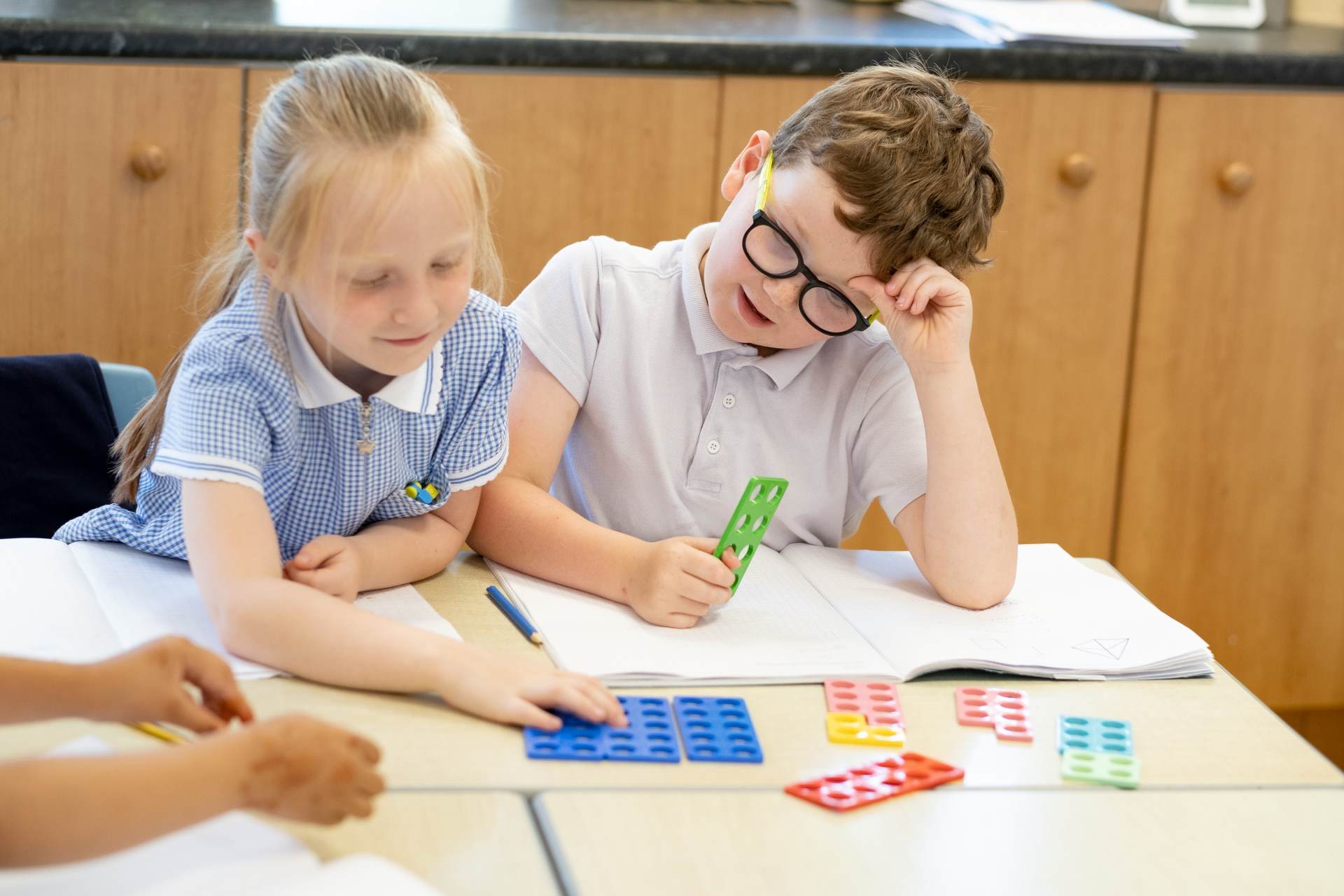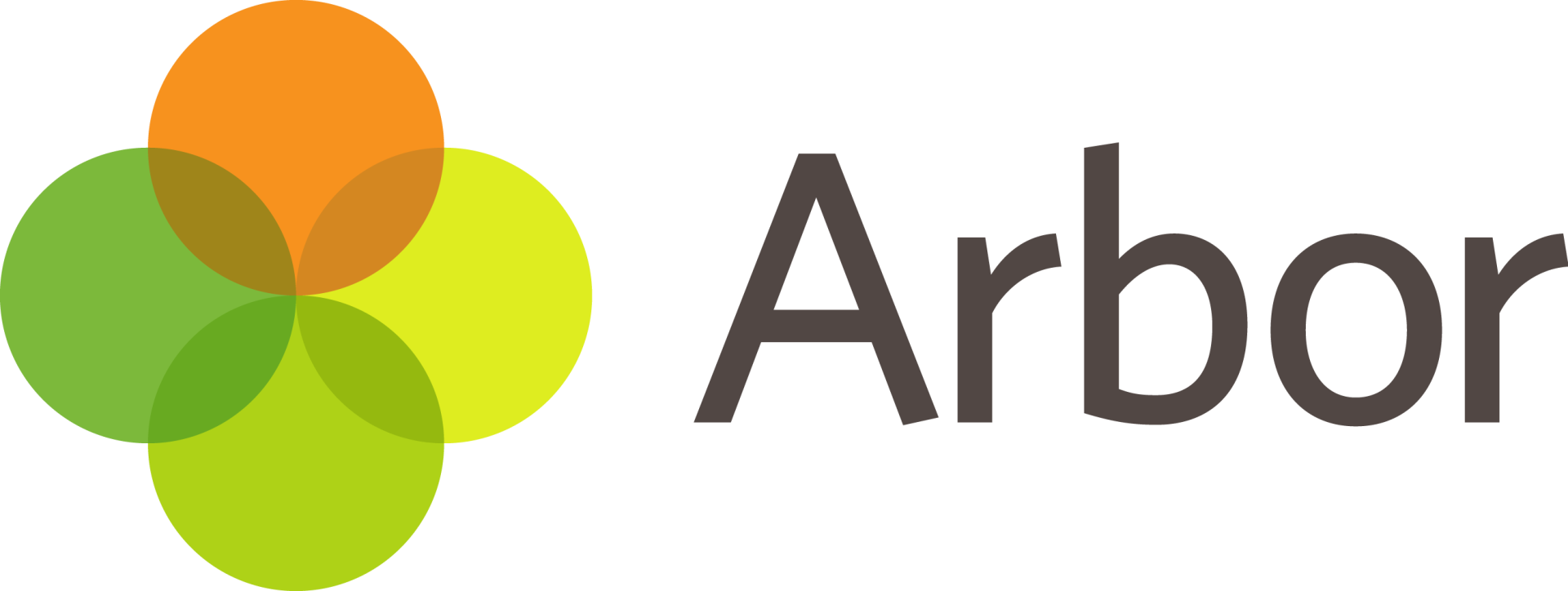We Are Mathematicians
The study of mathematics provides learners with many skills which are transferable across the curriculum and the world around them.
Our Maths curriculum supports children to gain a deep long term, secure and adaptable understanding of the subject which enables them to become agile mathematicians. We aim to encourage learners to gain fluency in number and be able to reason and problem solve using a variety of strategies.
Maths enables learners to become confident in sharing their mathematical thinking through oral and written work. Our learners are introduced to a wide range of mathematical vocabulary which enables them to articulate their understanding in a concise and logical manner. Throughout our mathematics curriculum, children are encouraged to develop their mathematical thinking leading them to be able to build upon and challenge the ideas of others. Our curriculum aims to equip learners with the skills, knowledge and understanding needed to be successful in the next stage of their learning. We believe that all children are capable of achieving high standards in mathematics.

Philosophy for Teaching Maths
Mastering maths means acquiring a deep, long-term, secure and adaptable understanding of the subject. At any one point in a learner’s journey through school, achieving mastery is taken to mean acquiring a solid enough understanding of the maths that’s been taught to enable him/her to move on to more advanced material.
At Stoke Lodge we focus on teaching for mastery, where we combine the five big ideas in teaching mastery (see diagram below) taken from the NCETM to describe the range of elements of classroom practice and school organisation that combine to give learners the best chances of mastering mathematics.
Our Curriculum
Our curriculum is driven at Primary by the 2014 National Curriculum for mathematics, the aims of this are to ensure all learners:
- become fluent in the fundamentals of mathematics, including through varied and frequent practice with increasingly complex problems over time, so that learners develop conceptual understanding and are able to recall and apply their knowledge rapidly and accurately to problems.
- reason mathematically by following a line of enquiry, conjecturing relationships and generalisations, and developing an argument, justification or proof using mathematical language.
- can solve problems by applying their mathematics to a variety of routine and non-routine problems with increasing sophistication, including breaking down problems into a series of simpler steps and persevering in seeking solutions.
Planning & Sequencing Learning
The National Curriculum forms the basis for our long-term planning: setting out the expectations in each year group, with links made across strands. The medium-term planning organises the units systematically term by term, with many opportunities for embedding skills with problem solving. Class teachers use White Rose Education to support with sequencing learning. Short-term unit plans are prepared for daily teaching.
The curriculum is taught through the units as follows with all year groups teaching the same units at similar times:
Number and place value, addition and subtraction, multiplication and division, fractions, measurement, geometry, statistics.
At Stoke Lodge we believe that planning is to inform practice, it moves learning forward and allows our team to break larger concepts down into small steps.
S planning allows the planner to start with the end in mind, what do we want our learners to understand by the end of this ‘sequence of learning’ or ‘learning journey’?
Then using our key learning intentions, our misconception mats and the small steps documents, start to plan the journey the learner will take to achieve this goal.
Effective planning should involve the planner thinking deeply about the steps needed to be taken (the ‘journey’) to enable ALL learners to succeed and meet objectives.
Planning should ensure that the teacher is confident in the delivery of content, as it has been well thought out.
We use S planning to support this.
Teaching & Pedagogy
As part of our teaching of mathematics at the primary phase we have embedded the CPA (concrete, pictorial, abstract) approach to lessons. All concepts are introduced with concrete resources for children to feel and manipulate. As their conceptual understanding develops, they move towards the pictorial and abstract stages. Pupils are not pushed to move through these stages until they have shown understanding gained by the teacher through skilful assessment.
The teachers’ role in lessons is to:
- demonstrate a clear modelling
- allow time for discussion and pair work
- provide support and challenge when needed
- present challenge through expert questioning
Number Talk
‘Number Talk’ is a teaching strategy that focuses on developing learners’ fluency, deepening their understanding of numbers, the connections between them and other concepts. It works on supporting learners to become efficient, accurate, and work flexibly at the same time developing their mathematical vocabulary and reasoning skills. Number Talk is about talking strategies rather than always recording maths or using one specific strategy. It’s not about a rapid response but about allowing learner’s time to calculate an answer, explain their strategies, challenging each other, building on what they know and refining methods.
The session is separate from the daily maths session but the question stems and hand signals are used throughout all maths lessons and stem sentences are key. The session is about 5-15 minutes daily and starts with a problem written on the board.
Fluent in 5
At Stoke Lodge we recognise the importance of ensuring all pupils are fluent in number therefore use Third Space Learning ‘Fluent in 5’.
“Fluent in Five provides a daily set of arithmetic practice, designed to help children develop and maintain fluency in both written and mental calculations. The structure of Fluent in Five is also designed to help children distinguish between written and mental calculations. It provides regular practice of mental and written arithmetic skills to keep calculation skills fresh.” Third Space Learning



